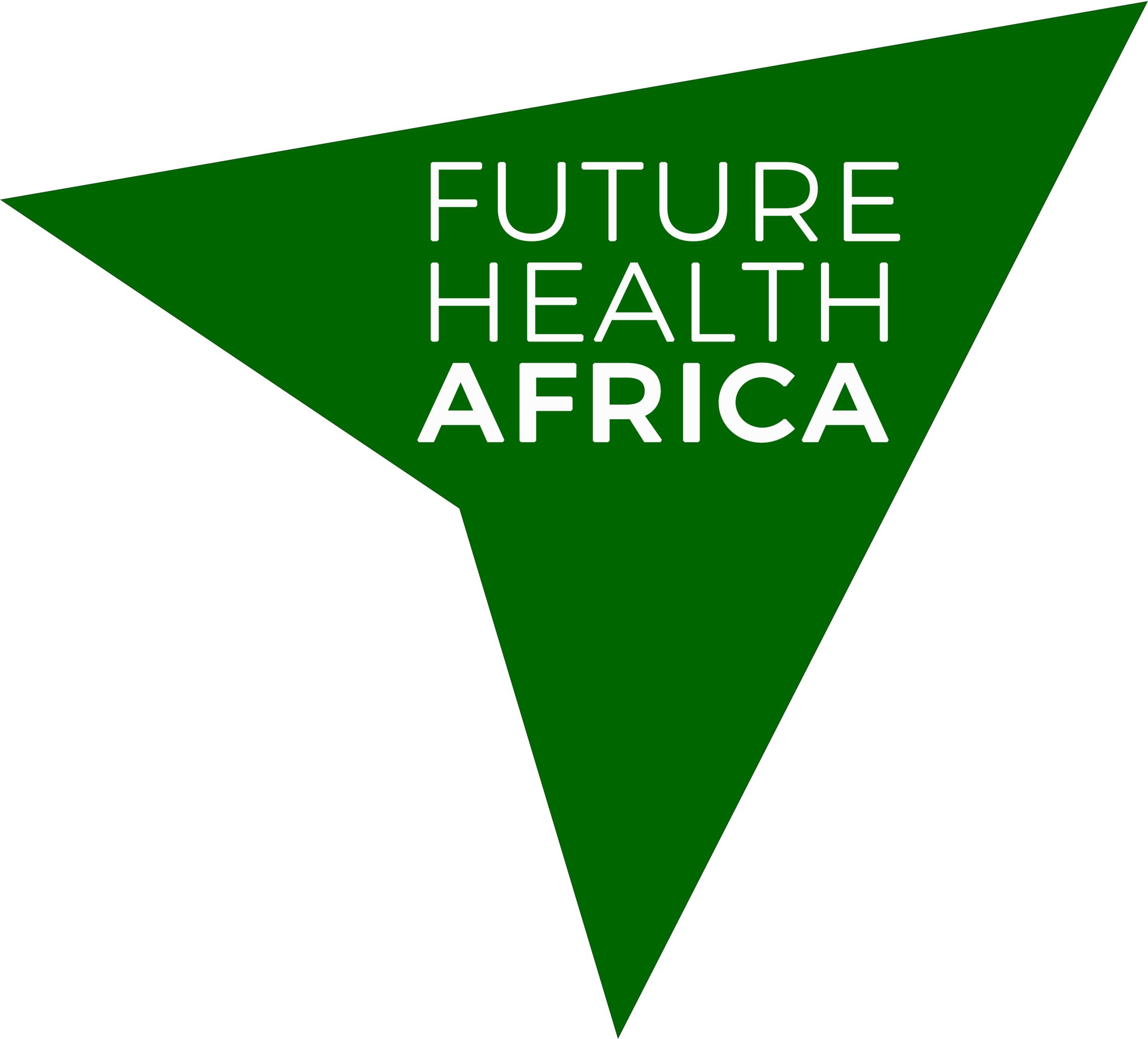PROJECTS
Since 1997, Future Health Africa volunteers have been co-designing projects in Kenya with local people and healthcare staff to support their needs.
The initial work was community-based, to improve access to primary care for disadvantaged Maasai communities in Laikipia & Meru Counties. This work continues with an increasing focus on ssystem improvement.
Trauma Team projects started in 2009 and are designed to reduce suffering and disability from traumatic injuries, particularly fractures. Trauma is one of the major causes of death world-wide but access to professional treatment is poor in Low to Middle Income Countries (LMICs). Patients receive advice and treatment. Many fractures and other injuries go untreated in Kenya due to a shortage of surgeons and because many patients are unable to afford treatment. The team is now a combined Kenyan and UK enterprise. All staff benefit from side-by-side training, learning from each other. Patient safety and teamwork are emphasised as well as technical skills.
The need for more active intervention in dealing with sick and peri-operative patients was recognised from the start, and the GRASPIT course was developed (Global Recognition & Assessment of the Sick Patient & Initial Treatment) in 2009 by Critical Care experts from Torbay. It is now delivered entirely by Kenyan educators. This has since been taught in many more locations - see Where & How We Work section. Need for this type of training was identified in the ‘African Surgical Outcomes Study’ published in the Lancet in January 2018.
Sustaining local improvements in care and local capacity building has always been a priority for us and our LMIC partners. In 2015, we designed the SPRINGBOARD course which teaches ‘The Science of Improvement and the Art of Leadership’ to frontline health workers to empower them to make changes in the quality of healthcare being delivered in their facilities. The q4a faculty delivering this course are international experts and they are developing Kenyan faculty to enable wider adoption of the course. Participants learn the skills through setting up real Quality Improvement (QI) projects themselves. Recognition of the need for training in these skills was reinforced in 2018 by the publication of three major international reports in 2018, supported byKenya’s First Lady and the Kenyan Ministry of Health. In 2020, we started to use these techniques in communities.
A Midwifery team delivers training in both community and hospital settings to try to improve the very high rates of maternal and newborn mortality and morbidity that persist in Kenya.
We have also supported development in Emergency Departments to improve care for patients from the point of admission and run first aid and first responder training.
Further details on each project can be found on their dedicated page, using the ‘Projects’ dropdown menu or these links: Trauma Team / GRASPIT / Quality Improvement & Leadership / Community / Maternity
The clinic at Leparua, opened in 2007.
Handwashing: a WHO priority…and one of our first q4a projects. Nanyuki, 2016
BURSARIES
INNOVATIONS
When our charity resources allow, we support courses and study visits for
LMIC individuals.
There have been many beneficiaries to date who have
accessed professional training eg Anaesthetic Assistant, Medicine
attended courses eg Institute for Healthcare Improvement (IHI) Patient Safety Officer course, Kenya Orthopaedic Association
attended/presented at conferences eg International Forum on Quality & Safety, Global Health conferences
visited UK facilities to observe clinical practice and the systems
that support it
As a result of our projects, innovations have emerged.
Trauma Team equipment and ways of economising, e.g. on the use of drills, have been developed by the design of a sterilisable drill cover to enable cheaper but equally effective drills to be used. We are grateful to the fantastic Linen League at Torbay Hospital for sewing these covers.
Referral processes are very complex and difficult in remote areas and the Trauma Team has been working with Health-E-Net (Pratap Kumar) to develop an App, Gabriel, as a way of patients being able to access advice remotely.
Both GRASPIT and SPRINGBOARD are successful adaptations for LMIC countries of course material available in the UK.
Catherine Nduta Irungu - bursary recipient
Catherine Nduta Irungu worked as an untrained assistant in the operating theatre at Nanyuki Hospital. She was extremely keen to learn and assist everyone in theatre, especially the Anaesthetist.
When Kenya introduced the very first training programme for Anaesthetic Assistants in 2016, Catherine really wanted to do this year-long course in Eldoret but could barely support her family, let alone pay for training.
Anaesthetist Daniel Kassoo asked if we could support her training so that she could better support Nanyuki surgeons and anaesthetists. We said yes!
"I am very grateful to the organisation since I was just a casual labourer in our hospital here in Kenya. I couldn't manage to pay school fees for my children but after the help of being sponsored to do the Anaesthetic Assistant course in 2016 / 2017, I am now in a better job and can support my family."
Catherine Nduta Irungu



